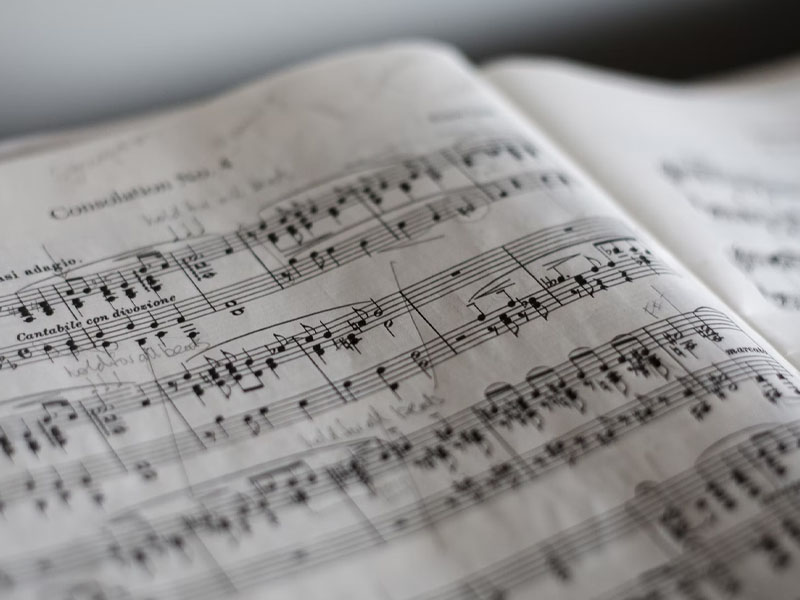The Changing Features of Musical Culture in the Arab World: A Critical Reading of Historical Signs and Their Implications
Issue 53

Aziz Al-Wartani, Tunisia
Most of the information about the history of Arab-Western relations that has been reported by both Arab and Western sources confirms that a relationship was established a long time ago. However, the Western model and Western music first started to influence Arabs at the start of a gradual fusion with Western civilisation during the French campaign in Egypt (which is also known as Napoleon Bonaparte’s campaign) in 1798.
One of the most important and prominent historical events, it resulted in several profound transformations at the social, cultural and political levels. It is considered the starting point for the emergence of a cultural exchange between Arabs and the West. Some researchers assert that ‘the French campaign contributed to the start of that exchange, and resulted in culture shock. In addition, this historical event represented a de facto meeting point for Arabs and the contemporary Western modernist tendency and to the discovery of the advanced nature of European civilisation at all levels’.
For the Egyptians, this event was an incentive to discover a modern civilisation that differed from the Arab Islamic cultures at that time; the Arabs were shocked by the great gap between the two civilisations. Napoleon took with him 146 scientists, engineers and artists who laid the foundation for Western culture in the Arab world. Since our collision with the European model – particularly after the campaign in Egypt – Western intellectual, political and philosophical theories have swept our cultural arena as a result of translation, quotation and inspiration.
The history of art in Egypt during the French campaign from the nineteenth century until 1932 is known as the Egyptian Renaissance. This Renaissance took place under the rule of Muhammad Ali Pasha and Khedive Ismail. The Egyptian Renaissance included several events related to the arts, five music schools were established to teach instrumental and lyrical performance, and the first brass band in the Arab world was established in 1829.







































































